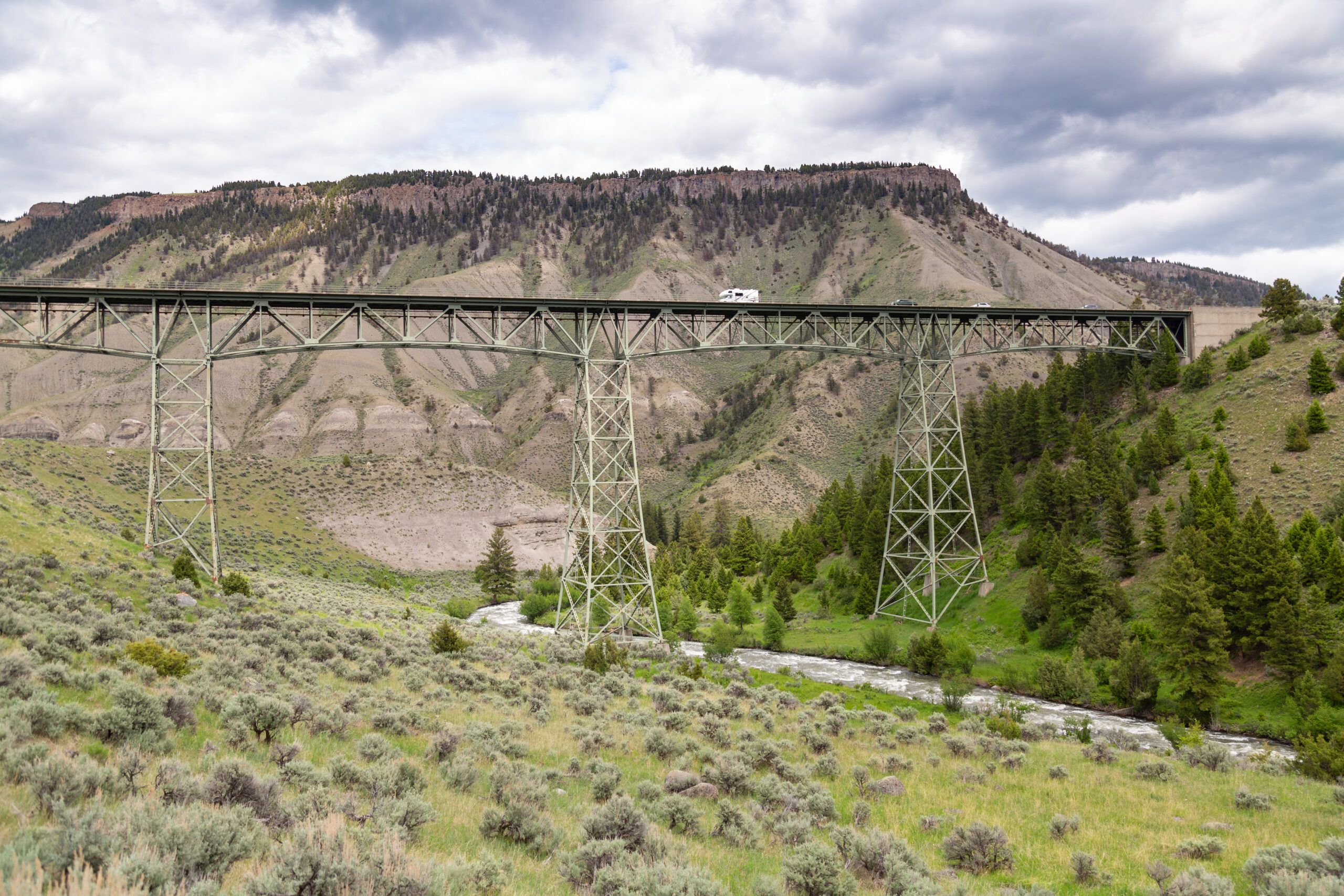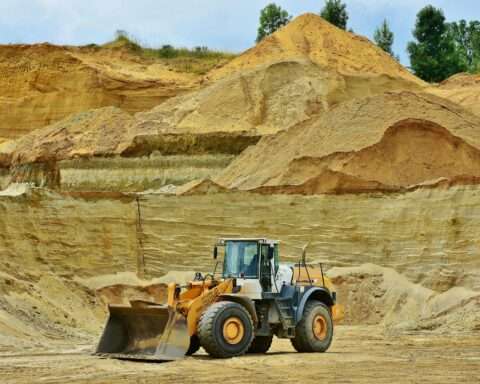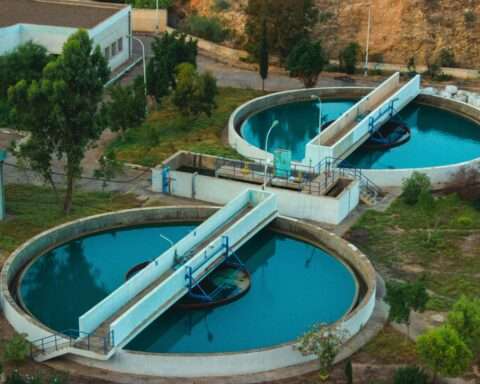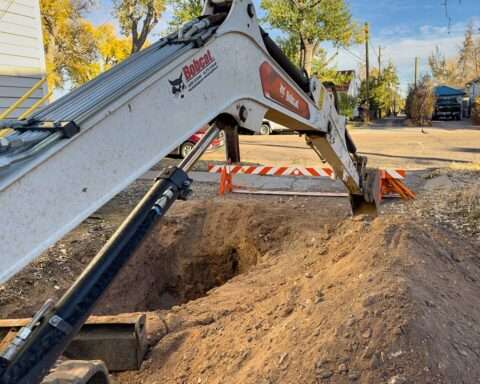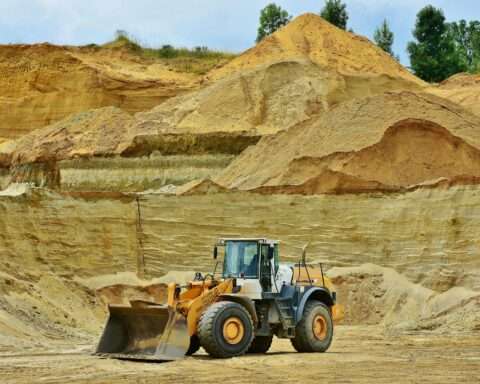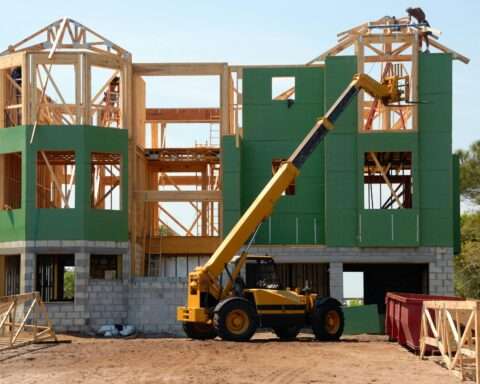Bridges across America are about to get some much-needed repairs. The Federal Highway Administration (FHWA) is directing nearly $635 million to repair and replace bridges across 19 states, marking another major investment in America’s aging infrastructure. The funding targets small and medium-sized bridge projects in both rural and urban communities, from Maine and Mississippi to Arizona and Alaska.
The grants are part of the Bridge Investment Program created by the 2021 Infrastructure Investment and Jobs Act, which dedicates $40 billion over five years to address a nationwide backlog of bridge repairs. The program looks to improve safety for drivers, support the economy and make the transportation system better for emergency responders and commercial vehicles.
RELATED: Over 220,000 US bridges need urgent repairs, report finds
Across the nation, aging infrastructure threatens economic growth and public safety. Bridges are a critical transportation chokepoint, and their failure can result in negative ripples through the economy and even loss of life. The investment in bridges represents a crucial step toward modernizing transportation networks. More than 11,000 bridges are currently being rebuilt, repaired, or modernized through the infrastructure act, with the Bridge Investment Program having invested $8.1 billion into 100 bridge projects across 44 states to date.
The largest single award in this round goes to Maine, where the Department of Transportation secured $69.7 million to replace six bridges carrying rural roads over Interstate 95 in Kennebec County. Built in the late 1950s, these bridges suffer from insufficient vertical clearances, outdated design and deterioration. The state secured an additional $63 million for six bridge replacements along Interstate 395, focusing on damaged and degrading structures that connect the cities of Bangor and Brewer to other parts of the state.
In Mississippi, the Department of Transportation received $67.5 million to replace 13 bridge structures in Lauderdale, Madison and Newton Counties. The aging bridges, which connect rural Mississippi to urban areas including the state capital, don’t meet current design standards and have extremely narrow lanes that pose safety risks and restrict freight movement. This is particularly significant as Mississippi’s freight movement is projected to grow by at least 60% by 2050.
Several projects focus specifically on agricultural transportation routes. In Iowa, Washington County received $38.6 million to replace seven bridges that are critical for transporting grain and livestock from farms to markets. The bridges were selected based on their importance to regional agricultural supply chains.
In another Iowa project, Cedar Rapids secured $6 million to replace the Eighth Avenue bridge over the Cedar River, addressing a critical flooding vulnerability. The current bridge, like all seven bridges carrying local traffic over the Cedar River in downtown, closes during 25-year flood events – which have occurred 15 times in the last 20 years.
The funding also supports several projects for bridges within cities. In Michigan, a $34.2 million grant will replace seven deteriorating bridges in key urban centers across Bay, Oakland, Washtenaw and Wayne Counties, along with the cities of Ferrysburg, Lansing and Lincoln Park. The project will serve more than 3.5 million residents, including areas with high poverty and historically disadvantaged communities.
Some projects serve unique purposes beyond traditional transportation. In Wyoming, the National Park Service received $23 million to preserve the historic Gardner River Bridge in Yellowstone National Park. Built in 1939, the 200-foot-high bridge not only serves millions of tourists but also carries the region’s primary electric power line underneath and provides passage for migrating bison herds of up to 4,000 animals. Without preservation, officials estimate the bridge could close in three to five years.
In Alaska, $13.4 million will go toward replacing the seismically deficient Ghiglione Bridge in Denali National Park. Built in 1960, the bridge provides crucial access to all road-accessible facilities west for nearly 50 miles and is an essential link on the only road into Denali’s backcountry, making it vital for both park operations and tourism.
The need for bridge investment remains substantial. FHWA received $3.68 billion in requests for this round of funding, meaning about $3 billion in project requests went unfunded. However, additional opportunities for bridge funding will continue through the infrastructure law’s five-year program.
Photo courtesy Yellowstone National Park, Public domain, via Wikimedia Commons



